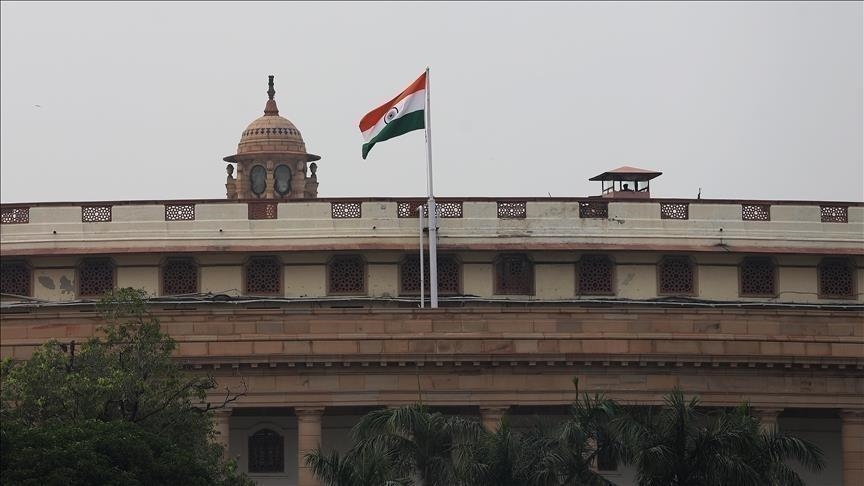WNAM MONITORING: The Indian government on Wednesday presented a bill in parliament proposing changes in the management of Muslim land endowments, with a representative body saying it will challenge the “black law” in court.
Waqf refers to land or property endowed by a Muslim for religious, educational, or charitable purposes.
Prime Minister Narendra Modi-led government introduced the Waqf Amendment Bill in Lok Sabha, the lower house of parliament. The changes, if adopted, would add non-Muslim members in boards that manage waqf land endowments, and enable the government to determine ownership of disputed properties.
The All India Muslim Personal Law Board (AIMPLB), a leading Muslim organization in India, rejected the bill, terming it a “discriminatory, communally motivated, and a blatant infringement on the constitutional rights of Muslim Citizens,” said they will approach the court over the matter.
The proposed move will erode Waqf board autonomy, the organization said, calling on citizens to hit the streets if the bill is passed in the parliament.
After discussion, the bill would be put to voting. It would then be proposed in Rajya Sabha or upper house of parliament.
The joint parliamentary committee’s report has failed to address the AIMPLB’s concerns, the body said, promising that it will not rest until the law is withdrawn.
The bill, which initially met resistance from opposition parties, was referred to a joint committee of parliamentarians, which presented its report.
The opposition, however, said its concerns were not addressed, a charge denied by the committee chief.
While the Muslim body asserts the bill has been entirely rejected by the community as “undemocratic,” the ruling BJP, led by Modi, argues the legislation aims to ensure “accountability and transparency.”
Earlier, to put pressure on the Modi government against going forward with the bill, lawmakers in southern Tamil Nadu State passed a resolution against the proposed changes.


